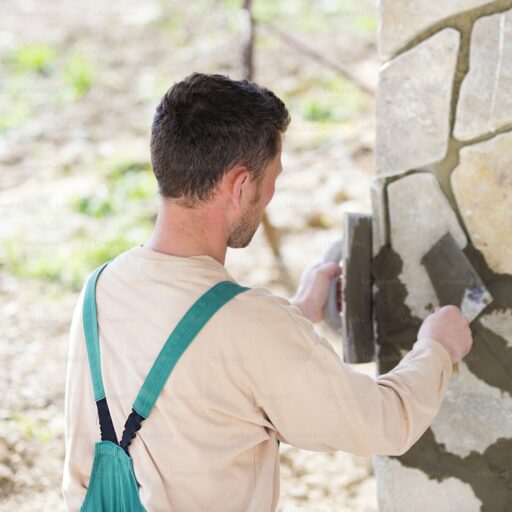In today’s environmentally conscious world, making sustainable choices in landscaping is more important than ever. One such choice is the use of natural paving stones. These materials not only enhance the beauty of outdoor spaces but also offer numerous eco-friendly benefits. Let’s explore how natural paving stones contribute to a greener planet.
1. Sustainable Sourcing and Production
Minimal Processing Requirements
Natural paving stones require less processing compared to synthetic alternatives. This means fewer resources are consumed during their production, leading to a smaller environmental footprint.
Ethical Quarrying Practices
Many suppliers prioritize ethical quarrying, ensuring that the extraction of stones does not harm local ecosystems. This responsible approach supports biodiversity and maintains the natural balance.
2. Reduced Carbon Footprint
Lower Energy Consumption
The production of natural paving stones consumes less energy, resulting in lower greenhouse gas emissions. This makes them a more sustainable choice for environmentally conscious homeowners.
Local Availability
Sourcing stones locally reduces transportation distances, further decreasing carbon emissions associated with delivery.

3. Natural Thermal Regulation
Heat Absorption and Release
Natural stones have excellent thermal mass properties. They absorb heat during the day and release it slowly at night, helping to regulate temperatures in outdoor spaces.
Comfortable Surface Temperatures
Unlike synthetic materials, natural stones do not become excessively hot under the sun, making them comfortable to walk on even during peak summer months.
4. Water Permeability and Management
Enhanced Drainage
Natural paving stones allow water to permeate through their joints, reducing surface runoff and preventing waterlogging.
Groundwater Recharge
By facilitating water infiltration, these stones help replenish groundwater levels, supporting local water cycles and ecosystems.
5. Longevity and Durability
Extended Lifespan
Natural stones are incredibly durable, often lasting for decades with minimal wear. This longevity means fewer replacements and less resource consumption over time.
Low Maintenance Requirements
Their resilience reduces the need for frequent maintenance, saving both time and resources.
6. Recyclability and Reusability
Repurposing Opportunities
At the end of their lifecycle, natural stones can be repurposed for other landscaping projects, minimizing waste.
Waste Reduction
Their recyclability ensures that they don’t end up in landfills, contributing to a more sustainable environment.
7. Aesthetic Integration with Nature
Natural Appearance
Natural stones blend seamlessly with outdoor environments, enhancing the beauty of gardens and patios without disrupting the natural aesthetic.
Versatile Design Options
Available in various colors, shapes, and sizes, they offer endless design possibilities, allowing homeowners to create unique and eco-friendly outdoor spaces.
Conclusion
Choosing natural paving stones is a step towards sustainable living. Their environmental benefits, combined with their aesthetic appeal and durability, make them an excellent choice for eco-conscious homeowners. By integrating these stones into your landscaping, you’re not only enhancing your outdoor space but also contributing to a healthier planet.
FAQs
Q1: Are natural paving stones more expensive than synthetic alternatives?
A1: While the initial cost may be higher, their durability and low maintenance requirements often make them more cost-effective in the long run.
Q2: Can natural paving stones be used in all climates?
A2: Yes, their resilience makes them suitable for various climates, from hot and dry to cold and wet conditions.
Q3: How do I maintain natural paving stones?
A3: Regular cleaning and occasional sealing are usually sufficient to keep them looking their best.
Q4: Are there different types of natural paving stones?
A4: Yes, options include granite, limestone, sandstone, and slate, each offering unique textures and colors.
Q5: Do natural paving stones support local economies?
A5: Sourcing stones locally can boost local economies and reduce transportation-related emissions.
Q6: Are natural paving stones slip-resistant?
A6: Many natural stones have textured surfaces that provide good slip resistance, making them safe for outdoor use.
Q7: Can I install natural paving stones myself?
A7: While DIY installation is possible, hiring professionals ensures proper placement and longevity.
